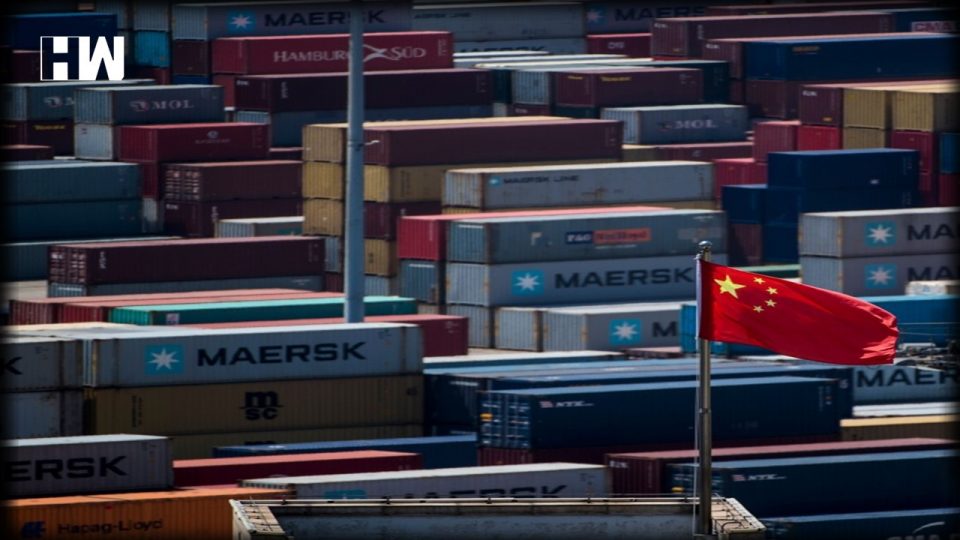The consequence of the virus can be “an unprecedented global shock, which could bring growth to a halt and could increase poverty across the region.”
Washington| The aftermath of corona virus pandemic doesn’t look like a soothing one for China as the World Bank has said China may face a fall in their growth rate almost by half. World Bank has also said that it could push 11 million people in East Asia into poverty.
The consequence of the virus can be “an unprecedented global shock, which could bring growth to a halt and could increase poverty across the region,” said Aaditya Mattoo, World Bank’s Chief Economist for East Asia and the Pacific.
Even in best-case scenarios, China’s growth rate will see a significant dip, with China’s expansion rate coming down to 2.3 percent from 6.1 percent in 2019, a report on the pandemic’s impact on the region said.
Having locked down the world’s two-fifths population by shutting down businesses and slowing down transport to contain the spread of the virus, China may not suffer through the recession but will see a sharp slowdown because of the virus that originated from its land.
Just two months back, World Bank Economists had said that China’s growth will be around 5.9 percent this year, which would still have been the lowest growth rate for the country since 1990.
China, the world’s second-largest economy, now faces more troubles owing to record contraction in the manufacturing sector and industrial production in February that fell for the first time in 30 years.
The report, considering that the region was already unsettled by the trade conflict with the US, said, “The pandemic is profoundly affecting the region’s economies, but the depth and duration of the shock are unusually uncertain.”
The World Bank further warned, “Containment of the pandemic would allow recovery, but the risk of durable financial stress is high even beyond 2020. Most vulnerable are countries that rely heavily on trade, tourism, and commodities; that are heavily indebted, and that rely on volatile financial flows.”
Even in the best case, if the country recovers back strongly after the pandemic, 24 million fewer people could escape poverty but 11 million people could be pushed into poverty with a more negative outlook.
“In this interdependent world where our economic destinies are intertwined, there’s going to be mutual amplification, because the shock is simultaneously affecting all these important countries,” Mattu told the reporters.
“That makes it particularly costly in economic terms.”
World Bank called for strong measures, prioritizing the containment of the spread but also cushioning those households whose wages are lost.
As an independent media platform, we do not take advertisements from governments and corporate houses. It is you, our readers, who have supported us on our journey to do honest and unbiased journalism. Please contribute, so that we can continue to do the same in future.

